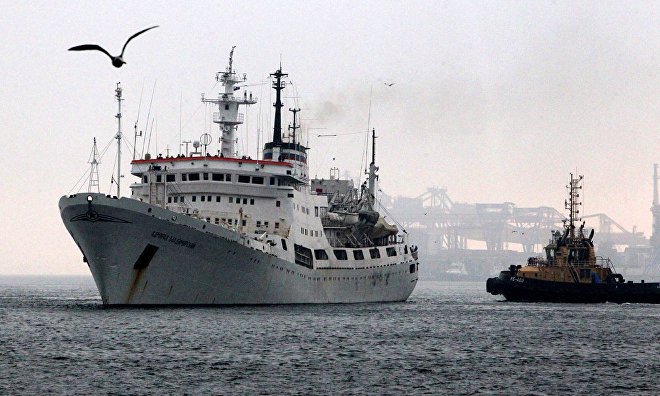
"If there is a positive statistics on the execution of the Polar Code by the courts, everything will be fine. We have permissive nature for navigation in the Arctic: we check the condition of the ships, the readiness of the crew. Last year [in the "Administration of the Northern Sea Route"] there were almost 700 calls and refusals. In my opinion, there were two, and then they were not so significant, inconsistencies were corrected. This suggests that, for the most part, shipowners are ready to carry out the code, "he said. - There [in the Arctic] there are no casual courts, because people understand the difficulties that can be encountered. Olersky also clarified that the Polar Code formalizes navigation rules in the Arctic.
Advancing that in future, new opportunities for navigation in the Arctic region may open up new opportunities, as the temperature increase in the Arctic will continue, and much faster, than in the rest of the world. "Arctic shipping will expand," he said.
Also, according to him, at the end of the century - from the 2070s - the number of rainfall will increase. "And in the northern regions there are snowfalls. So navigation in the Arctic is not necessarily easier, "- products of Taalas.